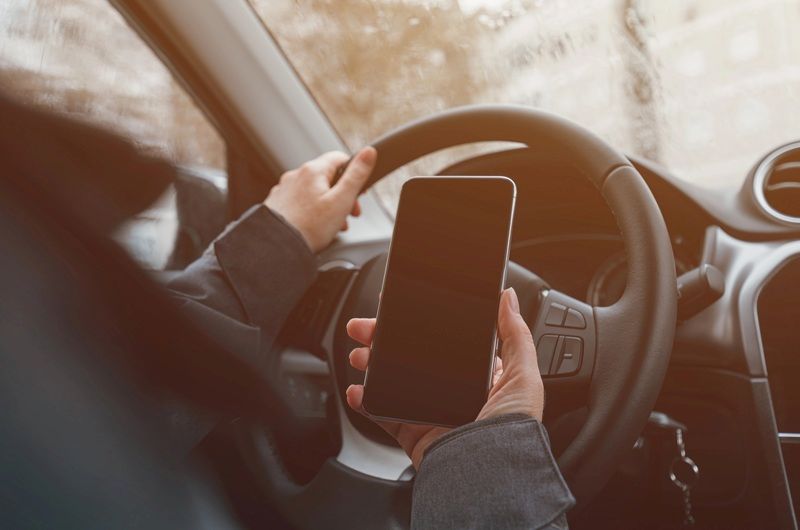
Facing reckless driving in Fairfax County can feel like hitting a wall at full speed. It’s more than just a...

Facing reckless driving in Fairfax County can feel like hitting a wall at full speed. It’s more than just a...

In Virginia, not all traffic violations are treated equally. Some, like failing to yield or running a red light, are...
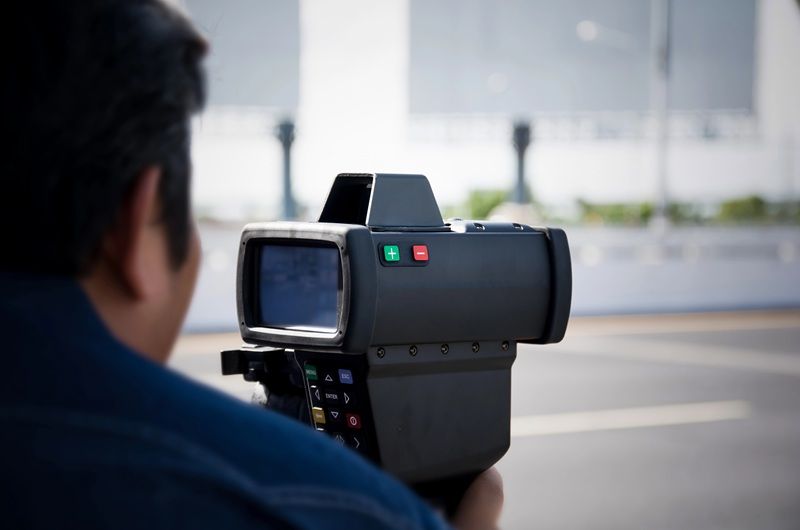
Different types of reckless driving charges can snowball into serious legal troubles if unchallenged. What may seem like a minor...
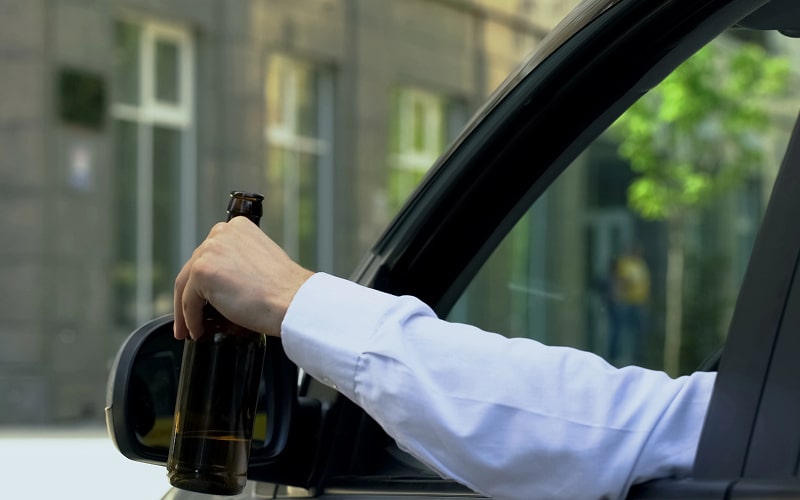
Being pulled over and charged with a serious traffic offense can feel alarming, especially if you’re unsure what you’re facing....
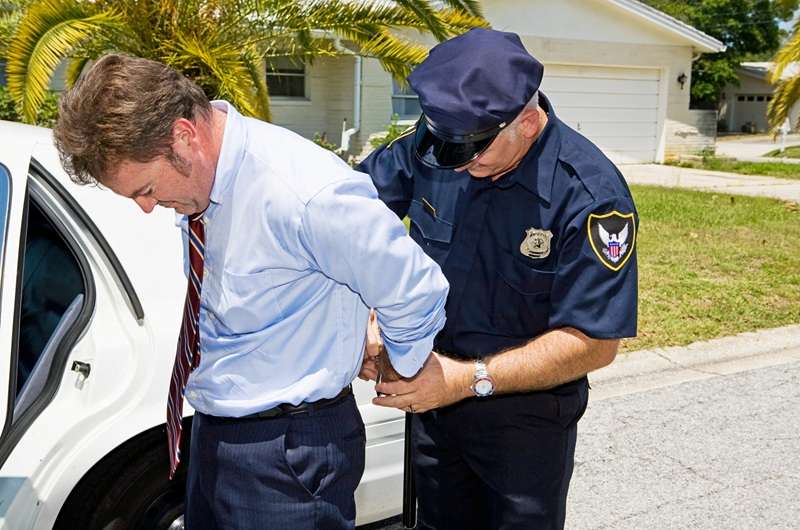
A reckless driving charge in Virginia is more than just a traffic ticket it is a criminal offense that can...
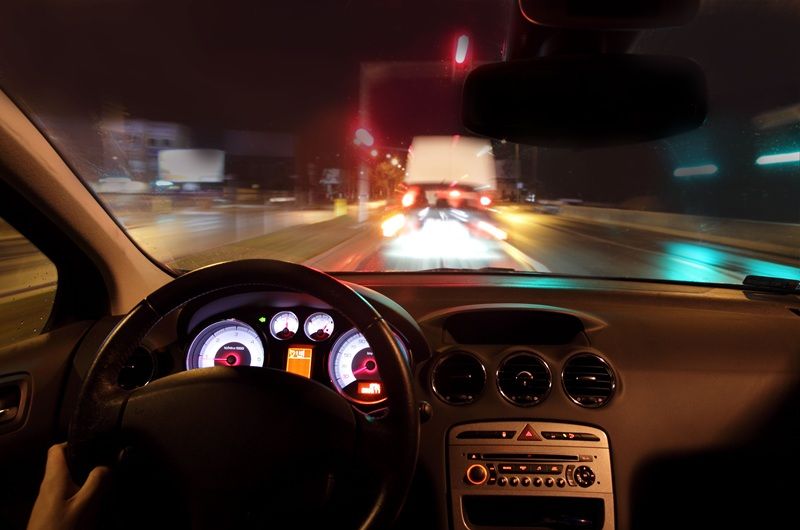
A reckless driving charge in Virginia is a criminal offense that can have lasting consequences. Some drivers underestimate the impact...

Reckless driving and speeding may seem like minor offenses, but in Fairfax County, Virginia, they have serious legal consequences. Reckless...
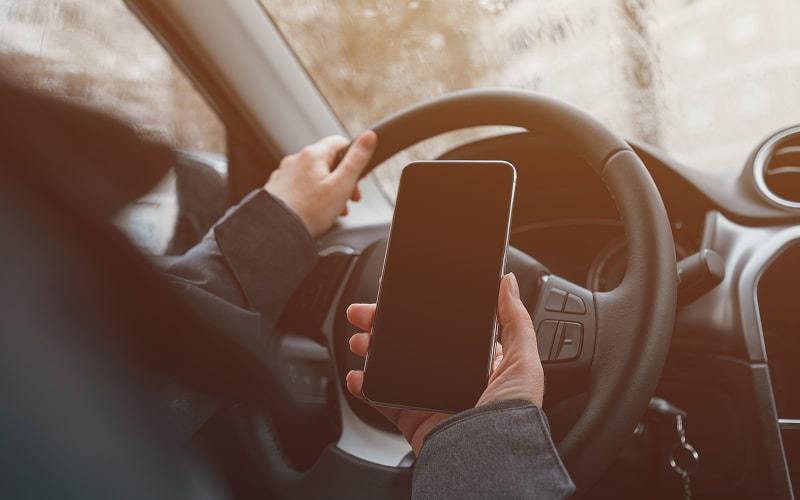
Reckless driving in Fairfax County, Virginia, is more than just a traffic infraction it’s a criminal offense. A conviction can...

Speeding in Fairfax County, Virginia, isn’t always a minor offense. When drivers exceed certain thresholds, they may face reckless driving...
Most Recent Posts
Categories
Tags

We are on a a mission at Fairfax County Criminal Attorneys to provide exceptional services and client satisfaction.

Gain Peace Of Mind & Protect Your Future With The Powerful & Compassionate Representation Of Fairfax County Criminal Attorneys!
Services
Copyright © 2025 Fairfax County Criminal Attorneys – All Rights Reserved.